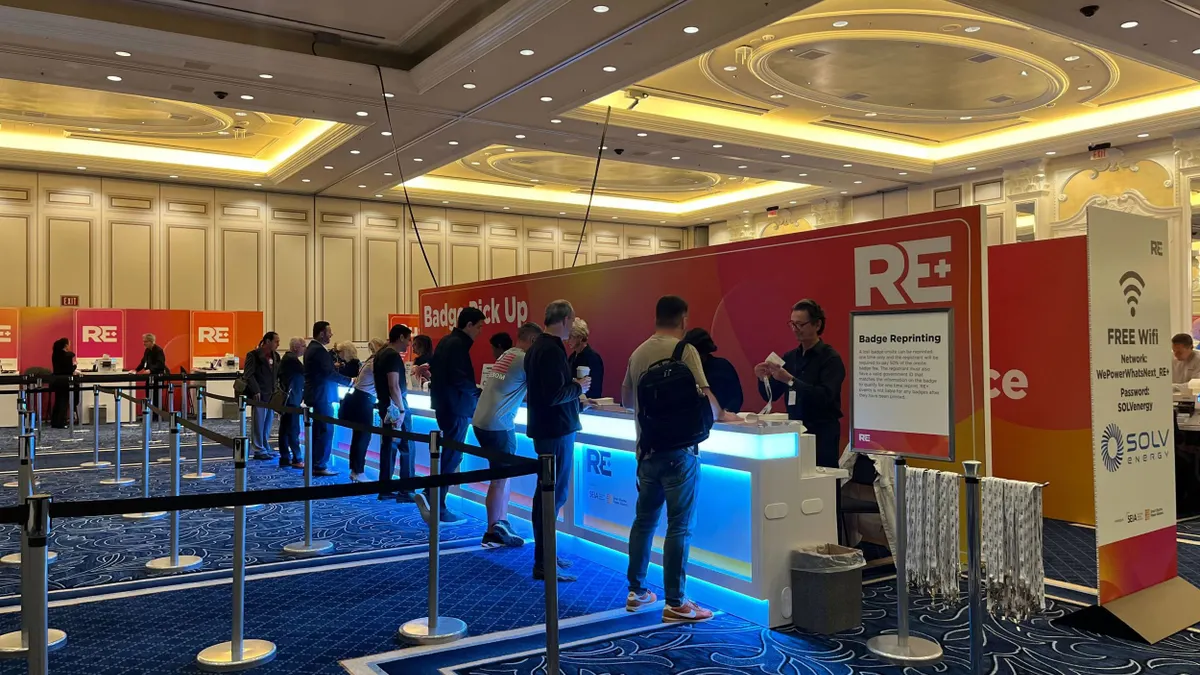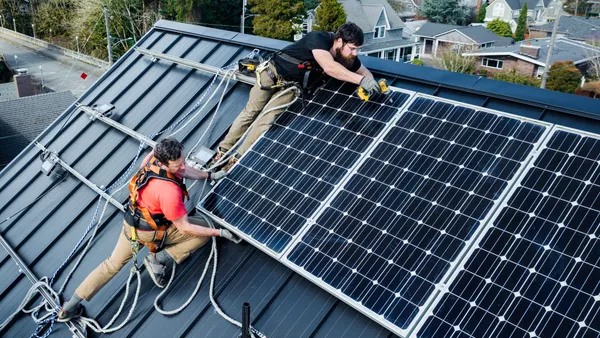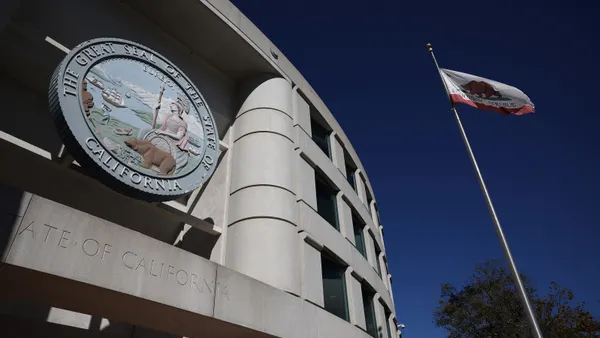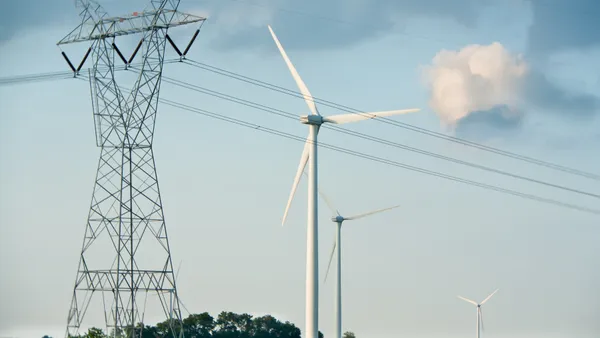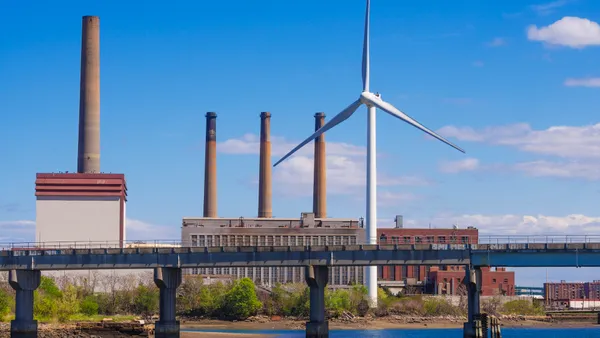Industry insiders struck an optimistic tone at the premier renewable energy conference in North America, RE+, which kicked off in Las Vegas this week in the shadow of President Donald Trump’s sustained campaign against wind and solar.
Attendees said that technological and market advances have pushed renewable energy toward an ever-larger share of the energy mix, despite the passage of the One Big Beautiful Bill Act that stripped out incentives for clean energy and the president’s actions against wind, in particular.
Packy Campbell, founder of Bright Spot Solar, was a real estate developer who got into the solar business five years ago, at first to bring down the power bills at his car wash businesses. Since then, his solar business has grown and the price of panels and storage has come down at least 50%, he said.
Campbell decried what he considered the hand-wringing of some in the field over the federal policy shifts.
“If you want to be successful in the renewable energy market, you got to come in and say, ‘I’m here to make money; I’m here to offer a good product at a competitive price that people want to buy,’” he said. “To the rest of the people in the industry, I say, you know, no offense, but man up.”
Bill Griffin, president of Koolbridge Energy, a solar component manufacturer, said even though the Trump administration has “squeezed” renewables, “that train already left the station.”
Griffin said he was attending the conference to promote a new product his company has patented, a “smart” breaker box that he says can capture two incoming sources of energy simultaneously. While he expressed confidence in the product and the industry’s innovative spirit, he said his company was preparing to absorb the impact of tariffs as the pre-tariff supplies in their warehouses dwindle.
“What is my cost going to be, and how do I have to price this product to make it competitive, and with the tariffs bouncing all over the place on almost a monthly basis, you just don’t know,” he said. “Nobody knows — we’re all in the same boat.”
Tariffs are not an issue for Guam, where Andrew Park works for Pacific Energy Corp. Park was attending RE+ for the first time, and said that as a U.S. territory, Guam was not subject to the same tariffs as the rest of the U.S., but they do face the same rush to finish projects ahead of the new safe harbor deadline for energy incentives. Transformers, in particular, he said, were subject to a bottleneck.
“It is changing the urgency of trying to get all this at one time,” Park said. “It looks like all the manufacturers are extremely busy for the next four months.”
The conference will last until Thursday and is expected to welcome thousands of participants from across the industry.



